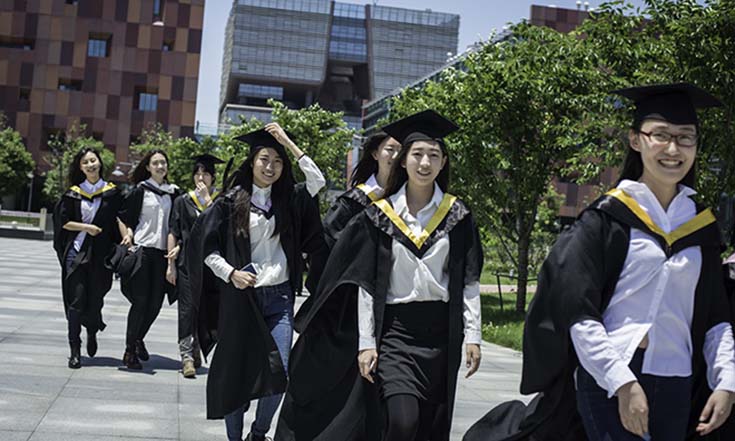China has announced a major drive to reform university disciplines and subjects to increase the proportion within the higher education system of programmes on new technologies and priority industries, while culling subjects that do not contribute to the country’s goal to become a global science and technology power. Some 10,000 programmes will be added.
Around one in five disciplines and programmes in ‘unwanted’ fields could be forced to close under this restructuring of higher education.
The proportion of programmes specialising in basic sciences and medicine will be increased to “serve national development”, focus on cutting-edge technologies and safeguard health, according to the plan released this month by the Ministry of Education and four other departments – the National Development and Reform Commission, Ministry of Industry and Information Technology, Ministry of Finance and Ministry of Human Resources and Social Security.
During the next two years some 10,000 programmes and 300 “additional centres” will be added to the higher education system, particularly in basic sciences – mathematics, physics, chemistry and biology – and subjects “with international influence”, in a bid to reverse China’s perceived weakness in fundamental science when compared to global competitors.
In a particular focus on engineering and technology and links to industry, the document – dated 23 February but published on 4 April – also outlines a plan to build 30 new technology colleges and 300 “outstanding” engineering colleges and “modern industrial colleges” while expanding programmes with “distinctive industrial characteristics” in universities.
Areas of focus will include institutions and centres specialising in integrated circuits (semiconductors), computer software, network security, cryptography, energy, energy storage technology and ‘smart’ agriculture. Of these, stepping up the number of semiconductor programmes in universities is regarded as the most urgent, according to experts.
“By 2035 the structure of higher education disciplines and majors will be more coordinated, with more differentiation [between courses],” as part of achieving high quality higher education, the ministry said, outlining an overall push to improve quality and employability.
These plans come at a time when a number of projects for new universities have been scaled back by provincial authorities due to China’s current economic downturn.
However, experts said university construction projects could be revived by repurposing them to the latest priorities outlined in the document, with preference for those linked more closely to China’s high-end industries in order to improve the country’s research innovation ecosystem.
According to the Ministry of Education, Chinese universities offer degrees in 66,000 majors. Since 2012, they established 17,000 new majors and removed or suspended around 10,000 others.
However, experts noted that the latest document is a more wide-ranging restructuring, which could see the disappearance or merger of some 12,000 majors within the next two years.
Source: https://www.universityworldnews.com/post.php?story=20230412152511342

